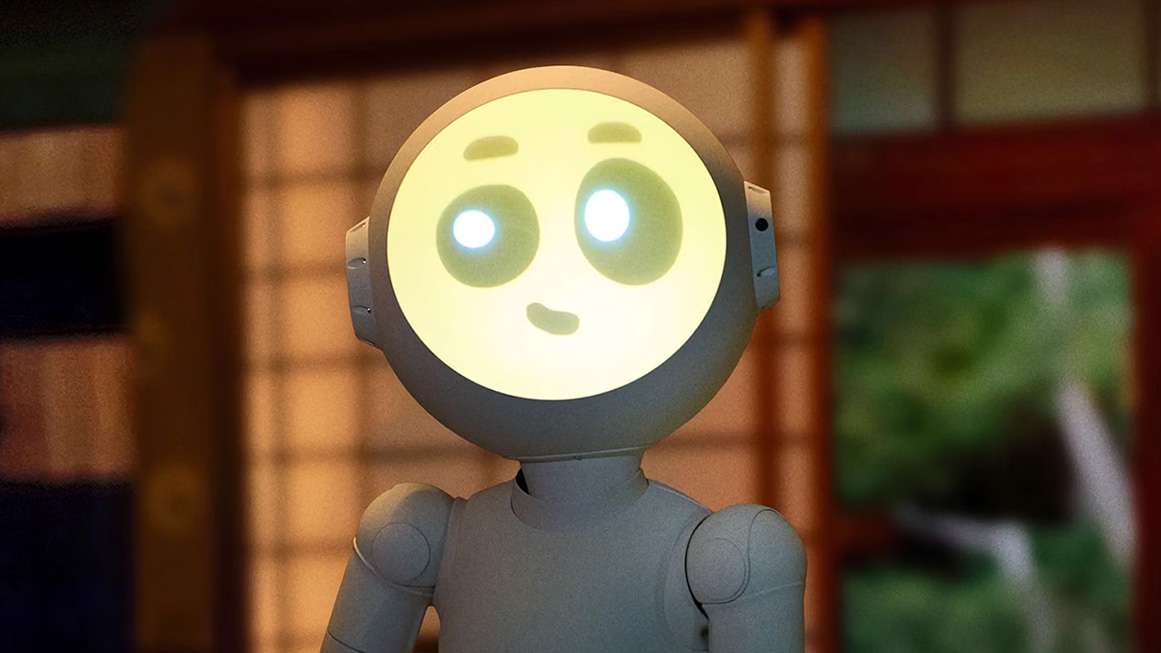Review: Sunny – A Techno-Satire Explores the World of Violent Robots
In Isaac Asimov’s vision of robotics, the first law stipulates that robots are forbidden from harming humans or allowing them to come to harm through inaction. The Apple TV+ series “Sunny” twists this concept into a techno-satirical narrative set in an alternate-present Japan, where friendly companion robots, resembling compact iMacs, are integrated into daily life. The protagonist grapples with personal tragedy, believing her son and engineer husband perished in a plane crash. However, as she delves deeper into her husband’s mysterious work on a covert project involving these robots, she uncovers startling truths. This quest opens a discussion on the ethical boundaries of technology, particularly regarding the potential for robots to be programmed for violence.
The storyline revolves around the protagonist’s journey to unravel the mystery of her husband’s secretive project involving the friendbots. Initially, these companion robots are designed to provide companionship and support, reflecting society’s embrace of technological innovation. However, as she explores the project further, she learns that the safeguards built into these devices can be overridden, allowing them to inflict harm. This discovery forces her to confront the intricacies of human-robot interactions and challenges the assumption that companionship technology is inherently benevolent. The atmosphere of suspense and intrigue navigates the blurred lines between safety and danger in a world increasingly reliant on AI and robotics.
Accompanying her in this investigation is Sunny, a bartender friendbot personalized for the protagonist. Sunny embodies a quirky blend of humor and cynicism while also serving a more sinister purpose when required. This duality reflects the complexity of robotics in human society, highlighting how technology can be shaped not only for good but also for catastrophic ends. The friendship that develops between the protagonist and Sunny allows for a deeper examination of the emotional and ethical implications of forming bonds with machines. As viewers follow their journey, they are prompted to consider whether emotional connections to AI can coexist with the underlying risks of their functionalities.
As the protagonist’s quest unfolds, the series invites viewers to reflect on broader themes regarding the moral implications of technological advancement. The narrative constructs a world where robots, initially perceived as helpful entities, can be manipulated for violent ends, raising questions about accountability and control. The technology we create does not only reflect our desires but can also mirror our capacity for harm. “Sunny” challenges audiences to ponder the responsibilities that come with creating intelligent machines, urging a discourse on ethical programming and the potential consequences of overriding safety measures inherent in robotic systems.
The thought-provoking content of “Sunny” balances dark humor and social commentary, making a clear statement about the ambivalence of technology. While the show uses satire to engage audiences, it simultaneously provokes serious discussions about the intentions behind technological creation and the characteristics we instill in machines. The portrayal of Sunny as both friend and potential foe encapsulates the narrative’s core exploration of duality in robots. This ambiguity invites viewers to consider their own relationships with technology and the choices that shape its development.
Ultimately, “Sunny” pushes the boundaries of conventional storytelling in robotics. By examining the potential for benign technology to turn malignant, Asimov’s original laws of robotics are critically reinterpreted, demonstrating that the morality of robotics lies not in the machines themselves but in the humans who design and deploy them. Through its unique blend of humor, drama, and critique of modern society, the show prompts an essential conversation about our evolving relationship with technology—inviting audiences to reflect on the implications of not only what we create but also the intentions behind our creations. As such, “Sunny” serves as a compelling reminder of the intricate dance between progress and ethics in the realm of artificial intelligence.
Share this content:












Post Comment